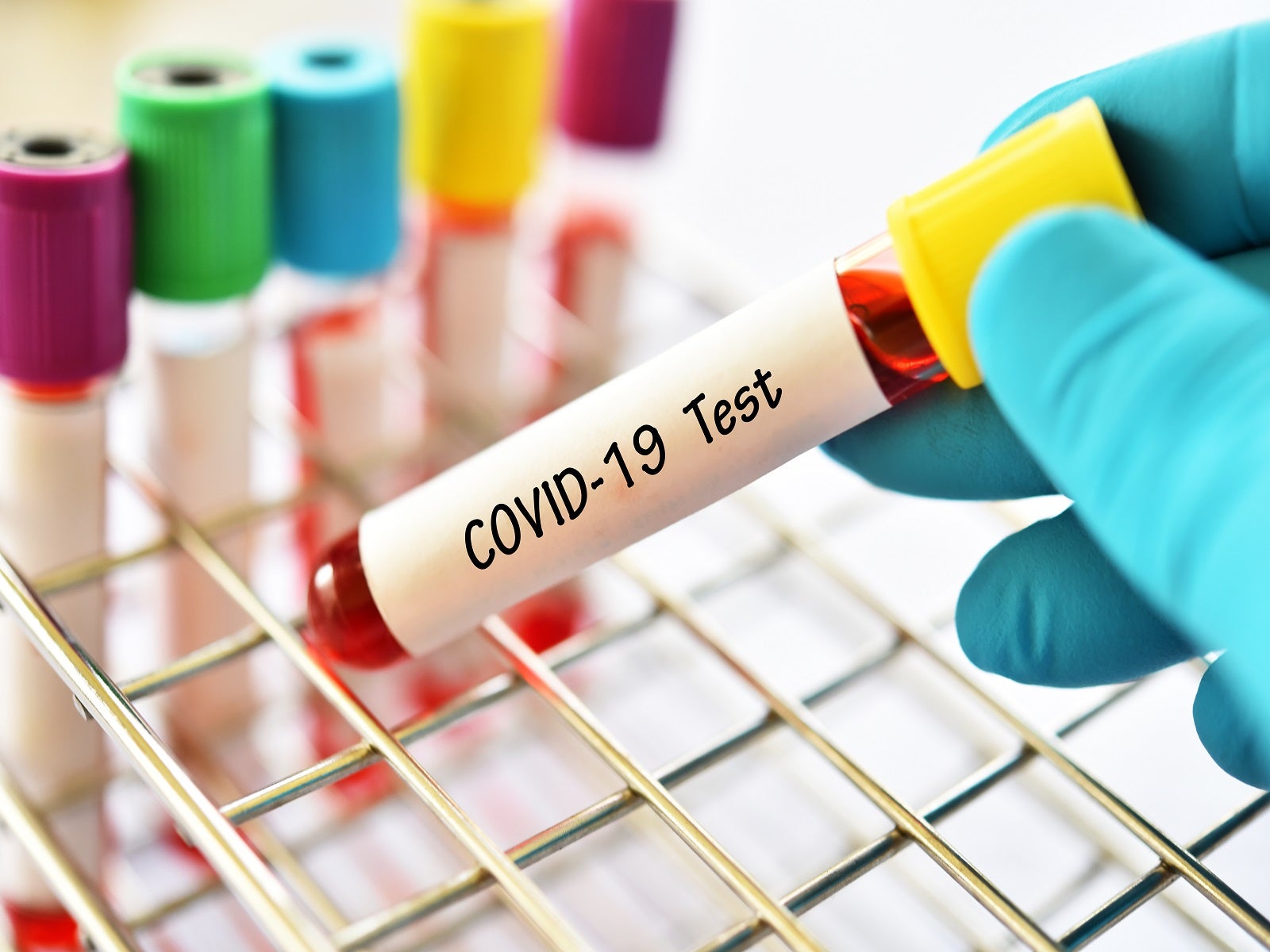Covid-19 antibody tests are now widely available and play an important role in understanding the virus’ epidemiology in the general population. However, the correlation between a positive result for an antibody test and immunity to the virus is unproven. The mere presence of Covid-19 antibodies does not equal immunity; researchers do not know yet how much antibody in a person is required to be protective, nor how long that protection might last. To make matters more complicated, some antibody tests have been reported to give false positive results nearly half of the time.
On 16 March, the beginning of the pandemic, the FDA relaxed its usually rigorous guidance on bringing new tests to market to help address the extreme need for Covid-19 testing. While this allowed for an unprecedented amount and speed of innovation to respond to the public’s needs, a consequence of this was that some of the tests were of low quality and gave wrong results. In April, 150 Covid-19 test products went to market without any review by the FDA, which flooded the market with inaccurate and falsely marketed tests, reported the House Subcommittee on Economic and Consumer Policy.
On 4 May, the FDA updated its antibody testing policy to require manufacturers to submit validation data. Currently, there are 40 companies with 69 Covid-19 antibody tests on the market world-wide; 42 of these tests are point-of-care (POC), and only 20 have FDA emergency use authorization (EUA), according to GlobalData’s Marketed Products Database. The Covid-19 antibody tests with EUA include leading global medical device manufacturers, such as Roche and Abbott, as well as commercial and public diagnostic labs, such as Mount Sinai Hospital Clinical Laboratory and Wadsworth Center, New York State Department of Health.
Another notable caveat regarding Covid-19 antibody tests is testing accuracy. The tests authorized by the FDA are safe and effective, but no test is 100% accurate, and when dealing with a disease with relatively low prevalence such as Covid-19, there will statistically be more false positives. This is because of an effect in statistics called positive predictive value (PPV), which is the probability that individuals with positive test results are truly antibody positive. PPV depends on the percentage of truly antibody positive individuals in the tested population, also known as the prevalence of the disease, as well as the sensitivity and specificity of the test. In the US, the prevalence for Covid-19 is expected to range from 5% to 25%, according to the CDC. This relatively low prevalence means that there will be relatively more false positive Covid-19 antibody results.
Another factor contributing to Covid-19 antibody test confusion is misuse of the test. There are two broad categories of antibody tests: POC tests, some of which can be performed on blood samples obtained by finger-stick rather than having an individual’s blood drawn; and lab tests, which require a blood sample drawn from a major vein, and may require trained personnel and specialized instruments to run the test. In May, several UK pharmacy chains and telemedicine providers, such as SuperDrug and Babylon Health, jumped on the Covid-19 antibody testing bandwagon by offering an at-home finger-prick blood test for Covid-19 antibodies using Abbott’s ARCHITECT Covid-19 antibody test. However, Abbott’s Covid-19 antibody test was developed using a venous blood sample. Abbott issued a statement explicitly saying that their antibody test is not a home test and should not be conducted with a finger-stick blood sample.
Overall, the information that Covid-19 antibody tests will provide is still valuable, but it is up to each individual to be discerning of the test they use and to be aware of the limitations of antibody testing when interpreting a result.

US Tariffs are shifting - will you react or anticipate?
Don’t let policy changes catch you off guard. Stay proactive with real-time data and expert analysis.
By GlobalData




